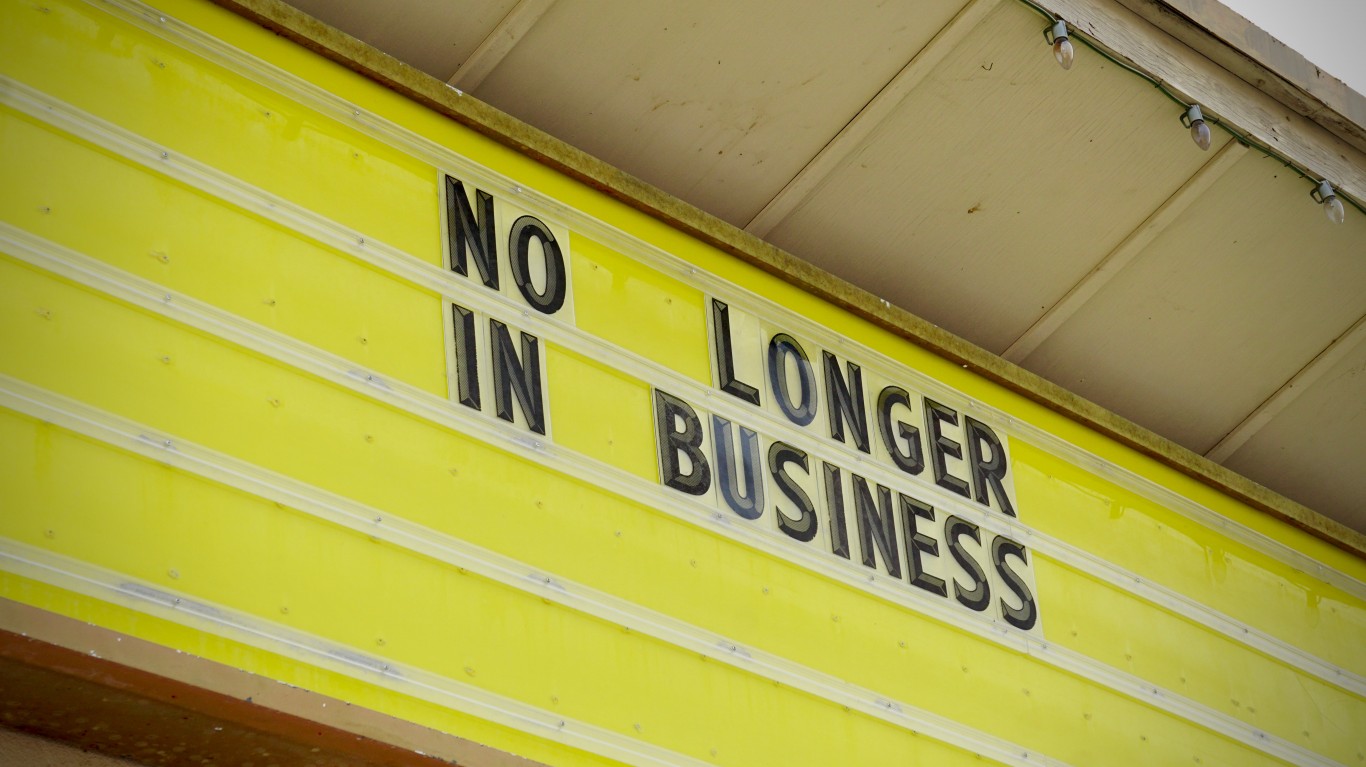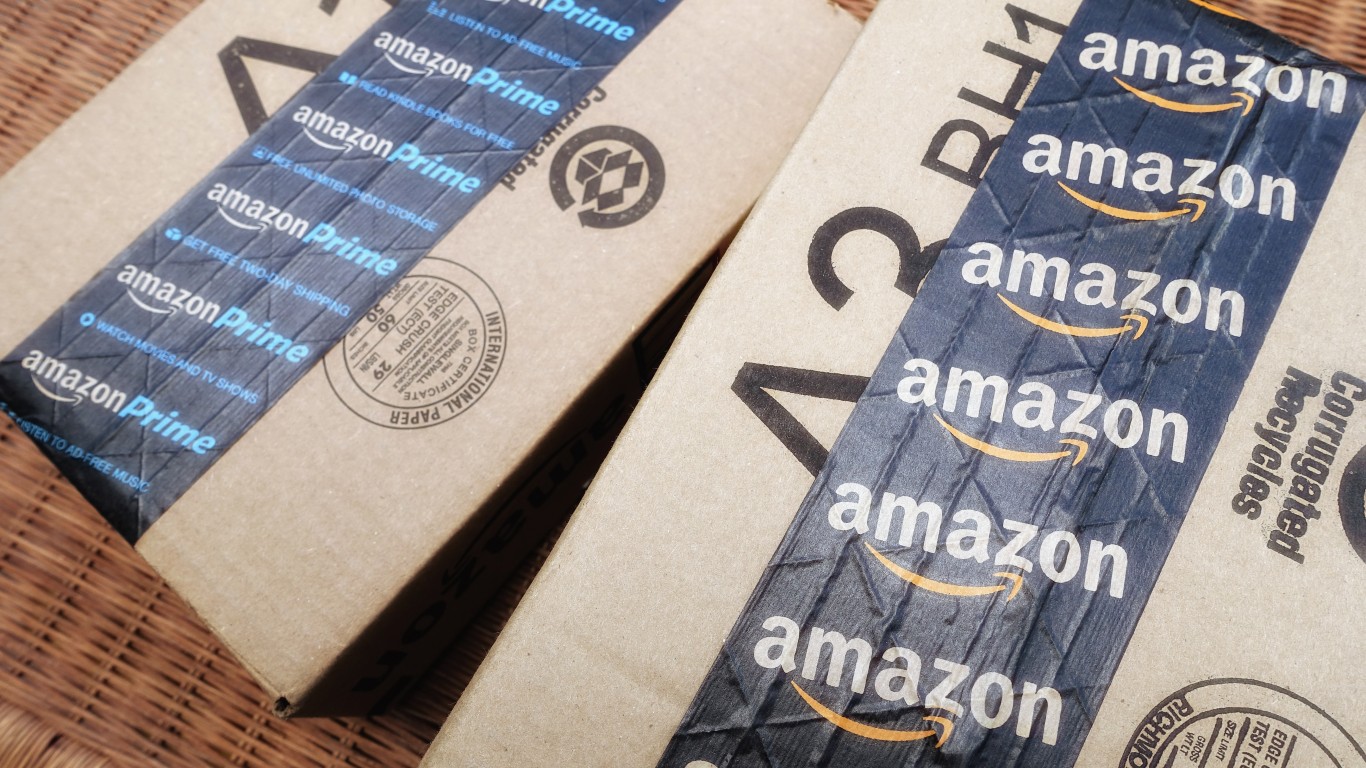

Best Buy’s stock could hardly be worse off. Its 52-week high is $141.97, and the low for the period is $67.66. It currently trades near $69. Year to date, the share price is down by a third.
[in-text-ad]
Best Buy has been hurt by several factors. The first, and among the oldest, is that it lives in Amazon’s shadow. That does not make it unique.
Revenue in the most recently reported quarterly, the first of fiscal 2023, dropped from $11.6 billion to $10.6 billion. Worst of all, “Comparable Sales Decreased 8.0% Compared to 37.2% Growth in Q1 FY22.”
Corie Barry, Best Buy CEO, made an extremely long set of comments when the results were released. They were disjointed and confusing:
Even with the expected slowdown this year, we continue to be in a fundamentally stronger position than we were before the pandemic from both a revenue and operating income rate perspective. We are confident in the strength of our business and excited about what lies ahead. We have a unique value creation opportunity and are investing now, as we have successfully invested ahead of change in our past, to ensure we’re ready to meet the needs of our customers and employees and retain our unique position in our industry.
What is “value creation”? Why would anyone, given the current trends, think it will get better?
Best Buy has started to hit the same headwinds as most of the economy. Inflation has made many Americans feel poor. Gross domestic product likely has gone negative. If anything, the year ahead will be brutal for Best Buy. However, it may be able to create value.
Sponsored: Want to Retire Early? Start Here
Want retirement to come a few years earlier than you’d planned? Orare you ready to retire now, but want an extra set of eyes on your finances?
Now you can speak with up to 3 financial experts in your area for FREE. By simply clicking here you can begin to match with financial professionals who can help you build your plan to retire early. And the best part? The first conversation with them is free.
Click here to match with up to 3 financial pros who would be excited to help you make financial decisions.
Thank you for reading! Have some feedback for us?
Contact the 24/7 Wall St. editorial team.



